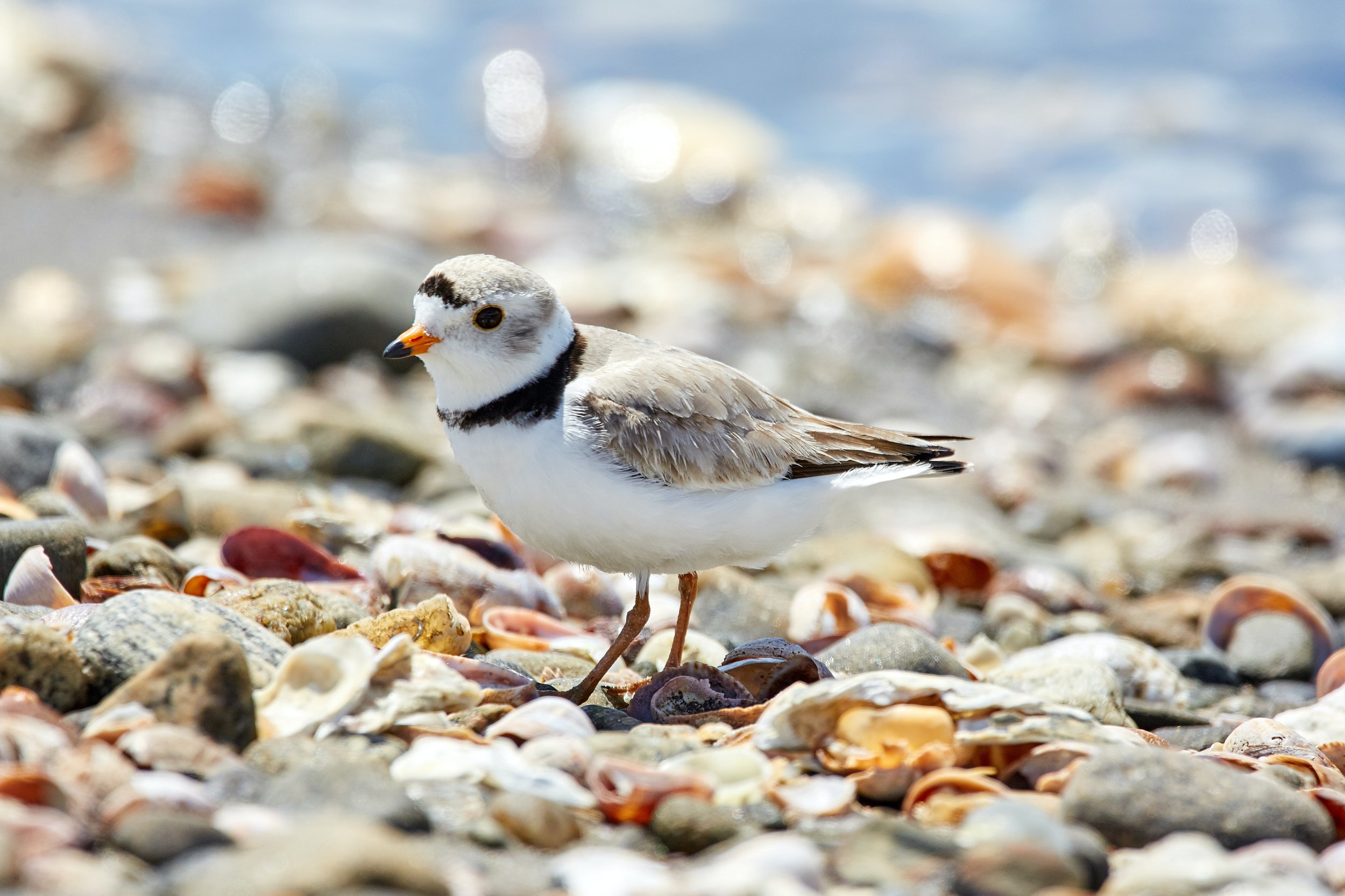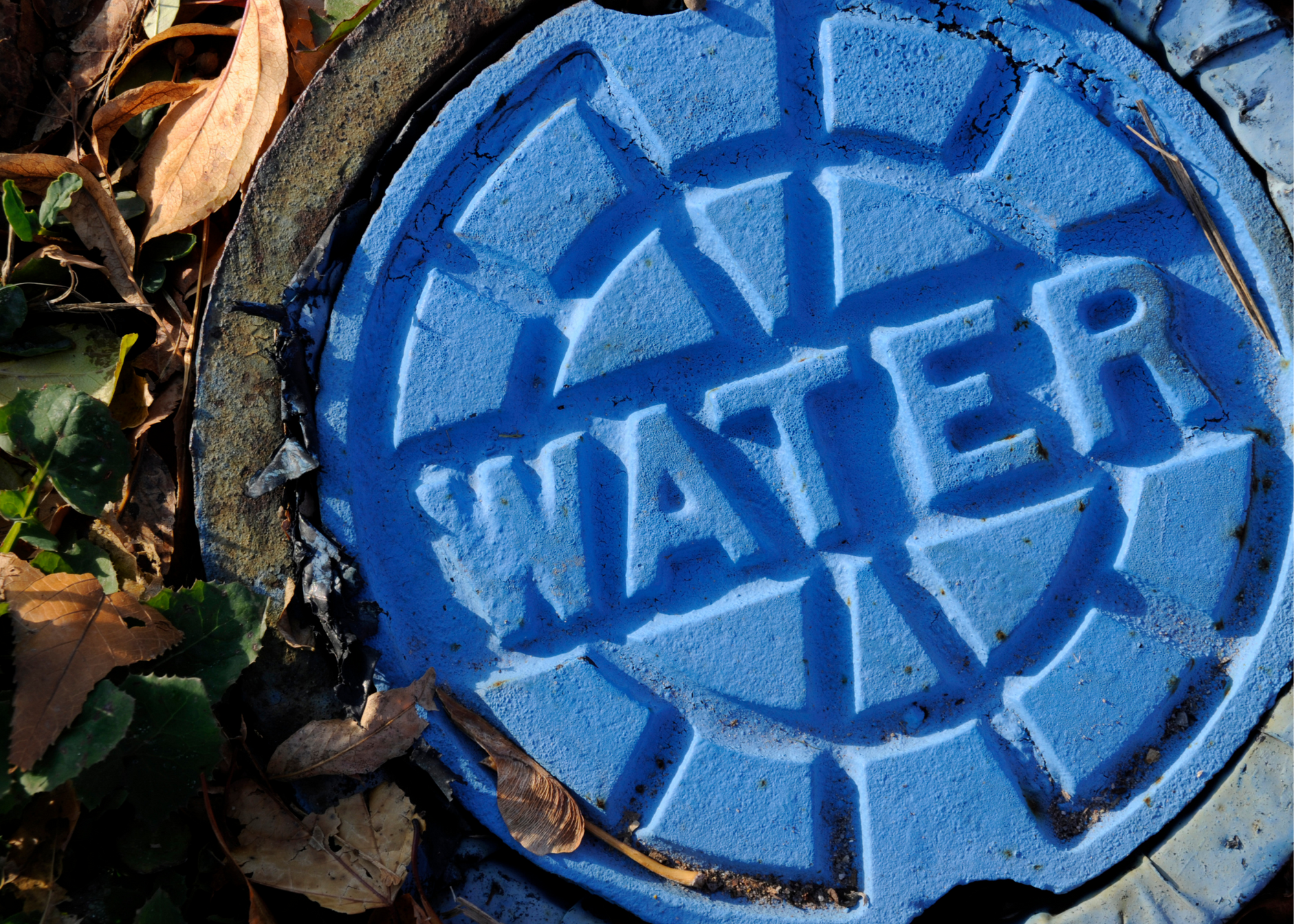
The Latest from the Coalition
On this page you can find the latest news from the Coalition, including stories of restoration successes, profiles of ongoing clean water issues, policy updates, and press releases.
Third-Generation Farm Protects Soil and Water Near Lake Wisconsin
Learn more about the conservation practices of Schoepp Farms LLC, a third-generation family farm in Wisconsin.
2024 Clean Water Wins
Before closing out 2024, we want to take some time to celebrate some of the clean water wins this past year. The Healing Our Waters-Great Lakes Coalition is grateful for our partners across the eight-state Great Lakes region and these successes wouldn’t have been possible without their continual efforts; thank you, all!
Tree Equity Grants Restore Urban Tree Canopies in Illinois, Indiana, and Wisconsin
To help combat tree inequity, nonprofit environmental advocacy organization Faith in Place was awarded $1.99 million by the U.S. Forest Service’s Urban and Community Forestry Program to increase urban tree canopies in the Great Lakes region. Made possible by the Inflation Reduction Act, these funds will allow Faith in Place to facilitate tree planning and workforce development projects at faith institutions and 501(c)(3) nonprofit organizations serving disadvantaged communities throughout Illinois, Indiana, and Wisconsin.
Making the Apostle Islands More Accessible for Visitors with Disabilities
Adding accessible ramps, boat launches, trails, and signage is helping visitors with disabilities access a culturally and environmentally significant Great Lakes destination.
Creating a Diverse Water Sector Workforce in Milwaukee
When Milwaukee’s Water Equity Taskforce found that employees of the water sector in the region didn’t reflect the diversity of the community and that structural barriers prevented equitable representation, participating organizations took action.
Building Up Tribal Capacity for Natural Resource Management
Building up the Lac Courte Oreilles Band’s capacity for natural resource management aids in monitoring and conserving culturally important native species such as wild rice, and promotes community awareness and education around the Great Lakes ecosystem.
Getting the Lead Out in Milwaukee
The majority of Wisconsin’s lead poisoning cases are from Milwaukee’s north and south sides, where the local populations are predominantly Black and Brown. From this crisis, Milwaukee has also become home to a grassroots collective working to get the lead out of the city: The Coalition on Lead Emergency (COLE).
Wisconsin Farm Network Reduces Runoff
The Door-Kewaunee Watershed Demonstration Farm Network is supporting sustainable methods of farming to reduce runoff pollution into Lake Michigan and Green Bay, improve groundwater and surface water quality, and model those practices for other local farms.








